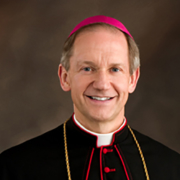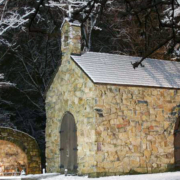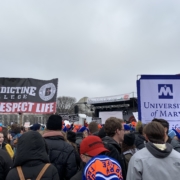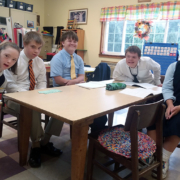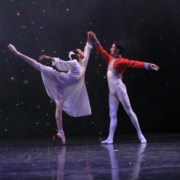You’re Invited: Lenten Webinar with Newman Scholar
This Lent, you have a great opportunity to meditate on the mysteries of time, salvation, and God’s protective grace with our patron St. John Henry Newman and his inspiring poem, “Dream of Gerontius.”
Today, Dr. Bernadette Ward will present a webinar with the Institute of Catholic Culture, “I am Near to Death: A Study of Newman’s ‘Dream of Gerontius.’” The Cardinal Newman Society has been thrilled to help arrange this special event, and we hope that you will join us.
You can register here for the webinar that will take place Tuesday, March 31, from 8-9 p.m. ET, with discussion beginning at 7:30 p.m. ET.
Also see our exclusive interview with Dr. Ward below! She is a Newman scholar and professor of English at the University of Dallas, which is recommended in The Newman Guide for its strong Catholic identity.
Newman Society: A strong Catholic education depends heavily on reading and discussing good literature. In the Newman Society’s guide to literature policies in Catholic K-12 schools, we emphasize literature that helps students learn “what it means to be a fully actualized, good human being” and to know and love God. How does literature serve this purpose at the college level?
Dr. Ward: At the college level, it is vital to engage not only with literature that builds us up but also with literature that shows us the consequences of various ideas—for instance, right now I am reading Frankenstein with my students, and discussing the consequences of calling life into being without respect for the mystery of God’s creative love. The book points readers to that mystery in allusions to “The Rime of the Ancient Mariner.” Of course, one can also read more complex writings, from historical backgrounds that require a stretch of the imagination to inhabit, Renaissance sensibilities or medieval sensibilities that require a transformation of the way we envision the cosmos. That’s very good for people who are often stuck in our narrow present time, in a cold universe unconcerned, as far as their culture tells them, with love and beauty.
Newman Society: You are an expert on St. John Henry Newman’s poem “Dream of Gerontius” and will be presenting a webinar about it on March 31. Can you explain the lessons that this poem teaches Catholics, especially during this holy season of Lent?
Dr. Ward: John Henry Newman kept his eye steadily on the most important matters: death and judgment, heaven and hell, and his relationship with God. The centrality of that, and how to cope with the loss of literally everything, on one’s way to God—these are some of the important things Newman is dealing with, along with the final impotence of evil and the joy of even suffering for the sake of seeing God. Our culture does not value suffering much; Newman did.
Newman Society: This time of “social distancing” might be a good opportunity for Catholics to acquaint themselves with good literature. Not many people are aware of St. John Henry Newman’s fiction and poetry. Do you have any special recommendations?
Dr. Ward: Other poems, such as “A Word in Season,” “Lead, Kindly Light” (“The Pillar of the Cloud”) or “The Sign of the Cross” are all available at NewmanReader.org for free. Frankly, his sermons are a lot better than his novels. Try “Ventures of Faith” for starters.

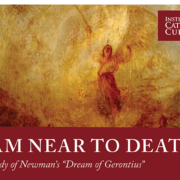
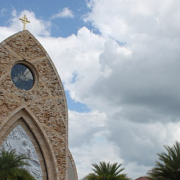
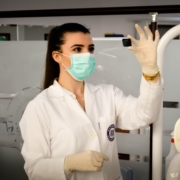

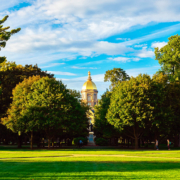 Photo by David Mark via Pixabay CC0
Photo by David Mark via Pixabay CC0